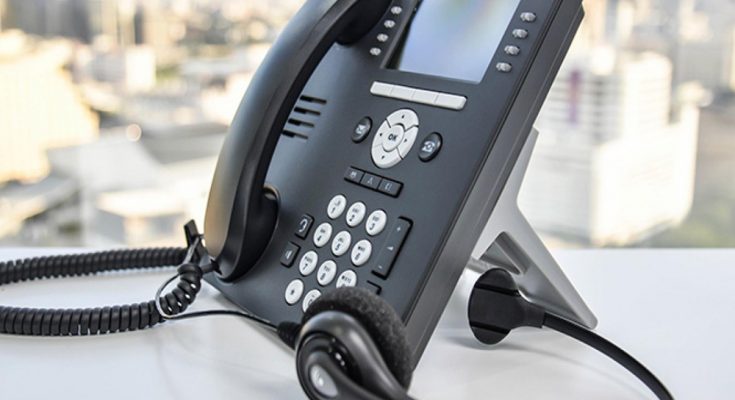Do you know what’s awesome? A lot of International clients are being conducted over Skype. For example, many immigration lawyers, software developers, freelance designers, and project managers have begun to prominently post their Skype IDs on their blogs, on the homepages, and all sorts of over their advertisements.
These professionals have realized that Skype provides them while using the opportunity to talk with a lot of clients in other countries who otherwise would not be able to afford to get in touch with them at $2 each minute. International messages or calls are nevertheless pretty expensive, while Skype chats have the freedom, and international Skype telephone calls are very cheap, or else free at the same time. VoIP service like Skype also offers a very disruptive option to work around the expensive infrastructures of traditional telephony companies.
Skype wasn’t developed to provide lawyers with the ability to talk with their clients. Not specifically at least. It has a variety of limitations that make it under a perfect selection for many legal applications. But without this free or inexpensive communication option, much of this business wouldn’t normally happen.
New Telephony Technologies are Naturally Disruptive
Cell phones sprung beyond telephony technology developed for ocean liners and military applications. These days mobile phones have enjoyed mass public adoption around the earth.
The original producers of cell phones couldn’t have dreamed that their SMS services would be used by billions of teenagers texting the other huge amounts of times 30 days. The original hosted VoIP telephony pioneers didn’t anticipate their advances would enable increasingly decentralized workforces and business structures that are completely and quickly turning classical “office” right into a “cloud”.
I doubt that anyone predicted that wireless broadband technology would encourage the world’s poorest, least technologically civilized world to suddenly join the worldwide conversation via VoIP by allowing these to bypass the development of costly landline infrastructures.
Every time a whole new telephony technology finds its solution to the world it makes massive unexpected disruptions for the way we do business. And modern VoIP systems are no exception.
The Unconventional Uses of VoIP within Modern Business
There are TONS of conventional benefits VoIP offers modern businesses, including:
– VoIP adoption typically results in immediate, undeniable cost savings to your business. VoIP services are cheaper monthly than traditional telephony services, VoIP services permit you to main just one (data) network instead of multiple telephony networks, and VoIP services keep costs down when reconfiguring the physical layout of your respective offices.
– By adopting VoIP you massively boost the flexibility of your respective business’ telephony systems. VoIP lets you handle (cheap) virtual numbers, to bring your telephony system along wherever you or your employees travel, and VoIP also converges multiple types of communication, allowing such previously unheard of feats as making telephone calls from a laptop and receiving voice mail recordings as perfect audio recordings in your email’s inbox.
Yet the genuine power of VoIP services lies away from these obvious, conventional applications. The most powerful uses of VoIP are likely to shoot up through improvisation and through unpredictable uses of the technology, like mobile devices allowing sub-Saharan African cities without flowing water to connect to the world economy, or by Immigration attorneys to be able to demolish the economic barriers surrounding previously untouchable clients.
How will YOU use VoIP to disrupt your business’ status quo in highly positive, and highly profitable, ways?





